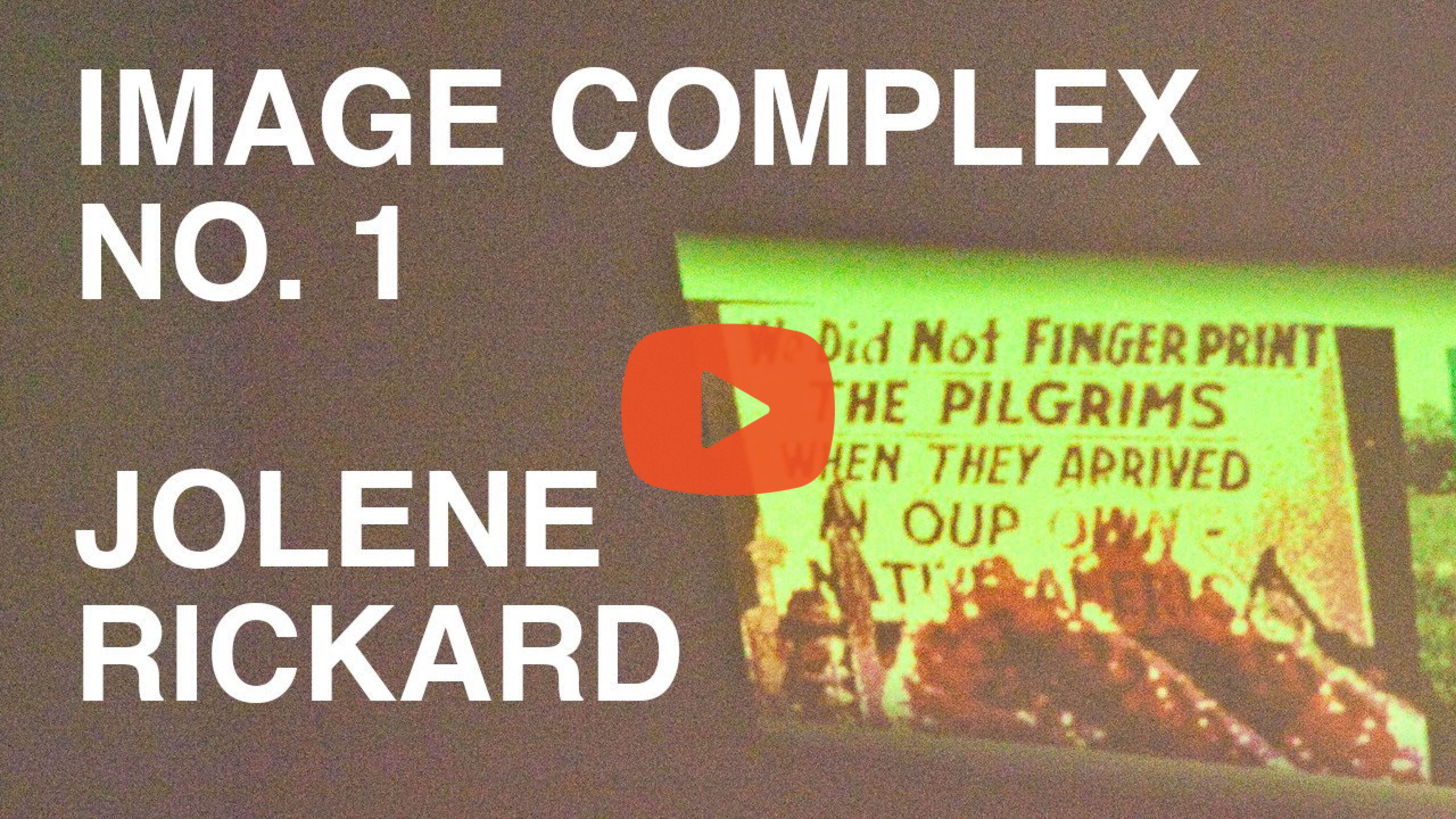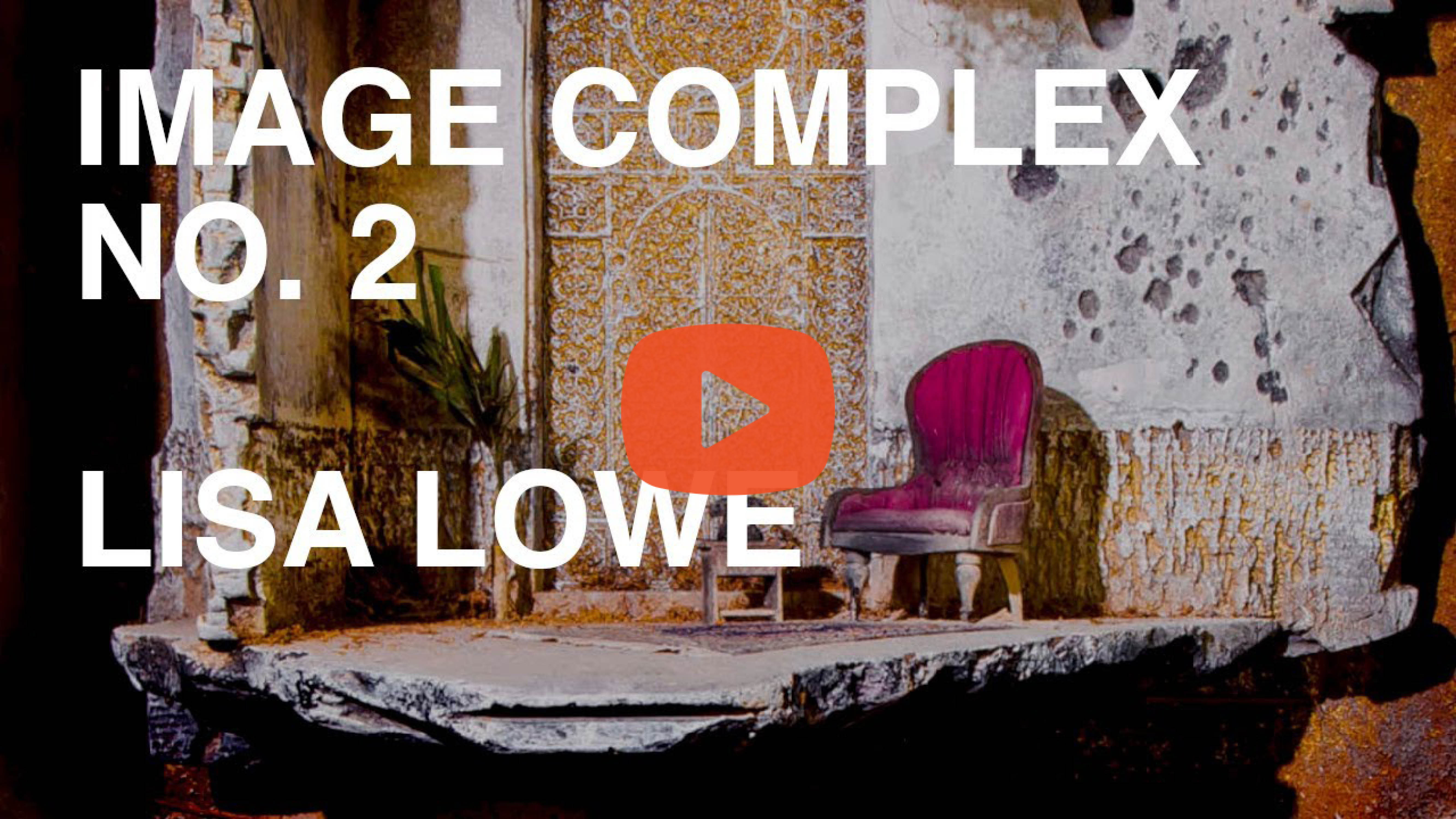Image Complex 2020-21

An online lecture series investigating the visual infrastructures that have shaped the United States, and the practices that have, and continue to, resist them.
Convened by Nick Croggon, and co-presented by the Power Institute and Discipline journal.
Today, as we fret about the forces that underpin our screen-based lives, we are reminded once again that vision is not a timeless faculty, but a deeply historical and political construction. Images and artworks exist not simply as objects to be admired or interpreted, but as part of a vast visual infrastructure that governs our lives, shaping what we see, who we are, and what we can do. This infrastructure is what Meg McLagan and Yates McKee call the “image complex”.
In recent years and months, the image complex has become an increasingly intense site of contestation in the United States. At Standing Rock, and on Instagram, and on the streets of Minneapolis, governments, corporations, and citizens have battled to control images: their meaning and circulation, the technologies that produce them, and the types of experience they make possible.
Yet such struggles have long contoured life in the United States.
This online lecture series introduces four leading scholars whose work cracks open the history of the US image complex, and its imbrication with processes of capitalism, imperialism, racialisation, and militarism. Their research also illuminates the practices and visual regimes that have long resisted these processes, including by artists, incarcerated people, communities of colour, and Indigenous people.
Events
Past
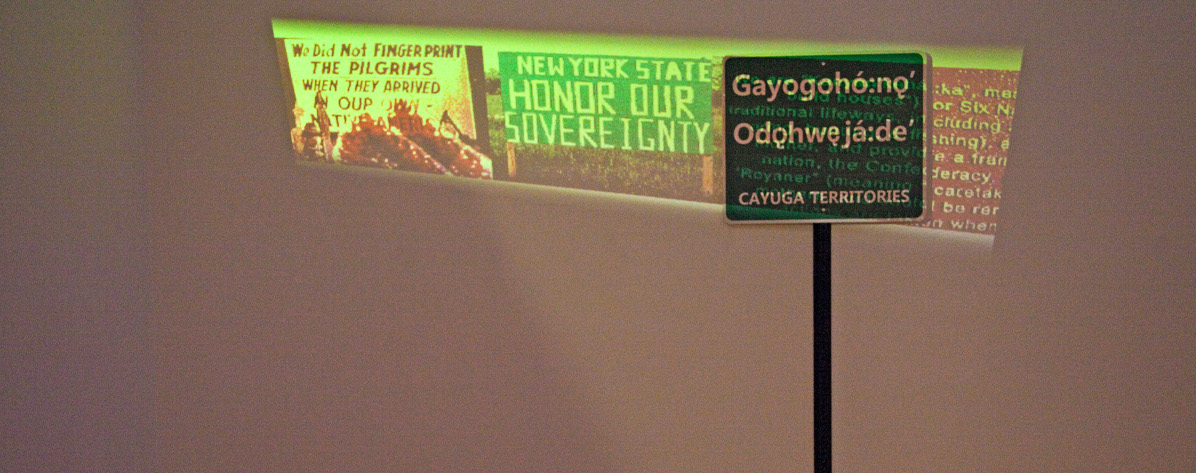
On Indigenous visual sovereignty
The history of power in the United States can be told as a history of visual infrastructures: institutions and practices that govern how we perceive, and what we can do.
People
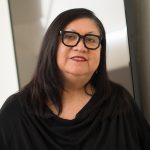
Jolene Rickard
Jolene Rickard is an artist, curator, and visual historian, specialising in issues of Indigeneity within a global context. She is a 2020 Fulbright Research Scholar at McMaster University, ON, CA, an Associate Professor in the departments of History of Art and Art, and the former Director of the American Indian and Indigenous Studies Program 2008-2020 (AIISP) at Cornell University, Ithaca, NY. Jolene is from the Tuscarora Nation (Turtle Clan), Hodinöhsö:ni Confederacy.
Since the 1980s, Professor Rickard’s photographic and installation art has been included in landmark exhibitions, from “We the People” (Artists Space New York, 1987) to the current “Hearts of our People: Native Women Artists” (Minneapolis Institute of Art, 2020). Rickard has also curated numerous exhibitions of Indigenous art, and co-curated two of the four permanent exhibitions for the Smithsonian’s National Museum of the American Indian. She has published widely on Indigenous art and politics, her most recent article being “Unintentional Inclusion and Indigenous Art” (Art Practical, May 2020).
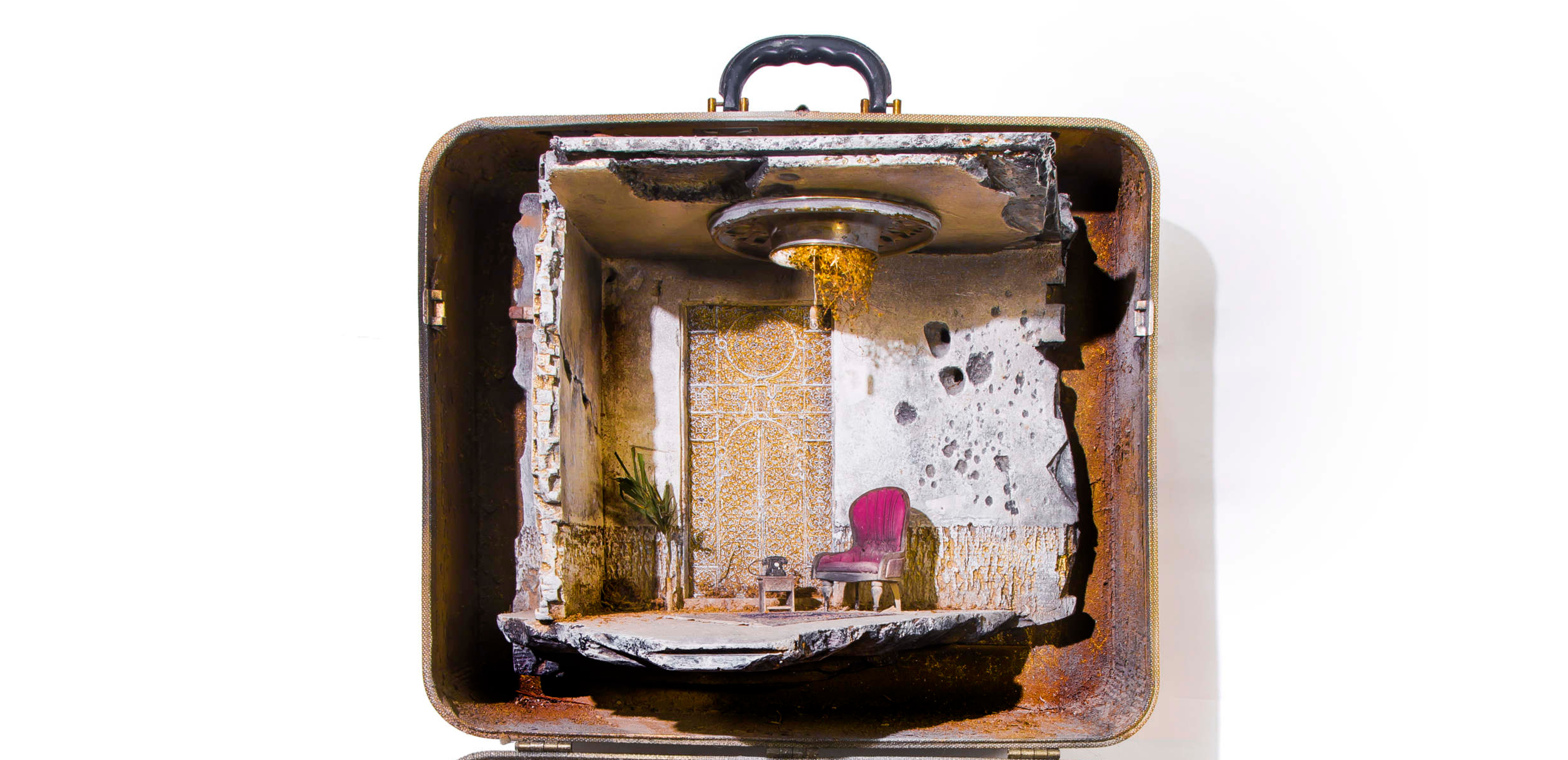
On migration, materiality and memory
The “Image complex” lecture series proposes that the history of power in the United States can be told as a history of visual infrastructures: institutions and practices that govern how we perceive, and what we can do.
People

Lisa Lowe
Lisa Lowe is Samuel Knight Professor of American Studies at Yale University. An interdisciplinary scholar whose work is concerned with the analysis of race, immigration, capitalism, and colonialism, she is the author of Critical Terrains: French and British Orientalisms (Cornell University Press, 1991), Immigrant Acts: On Asian American Cultural Politics (Duke University Press, 1996), and The Intimacies of Four Continents (Duke University Press, 2015), and the co-editor of The Politics of Culture in the Shadow of Capital (Duke University Press, 1997) and New Questions, New Formations: Asian American Studies, a special issue of positions: east asia cultures critique 5:2 (Fall 1997). Before joining Yale, Lowe taught at the University of California, San Diego and Tufts University.
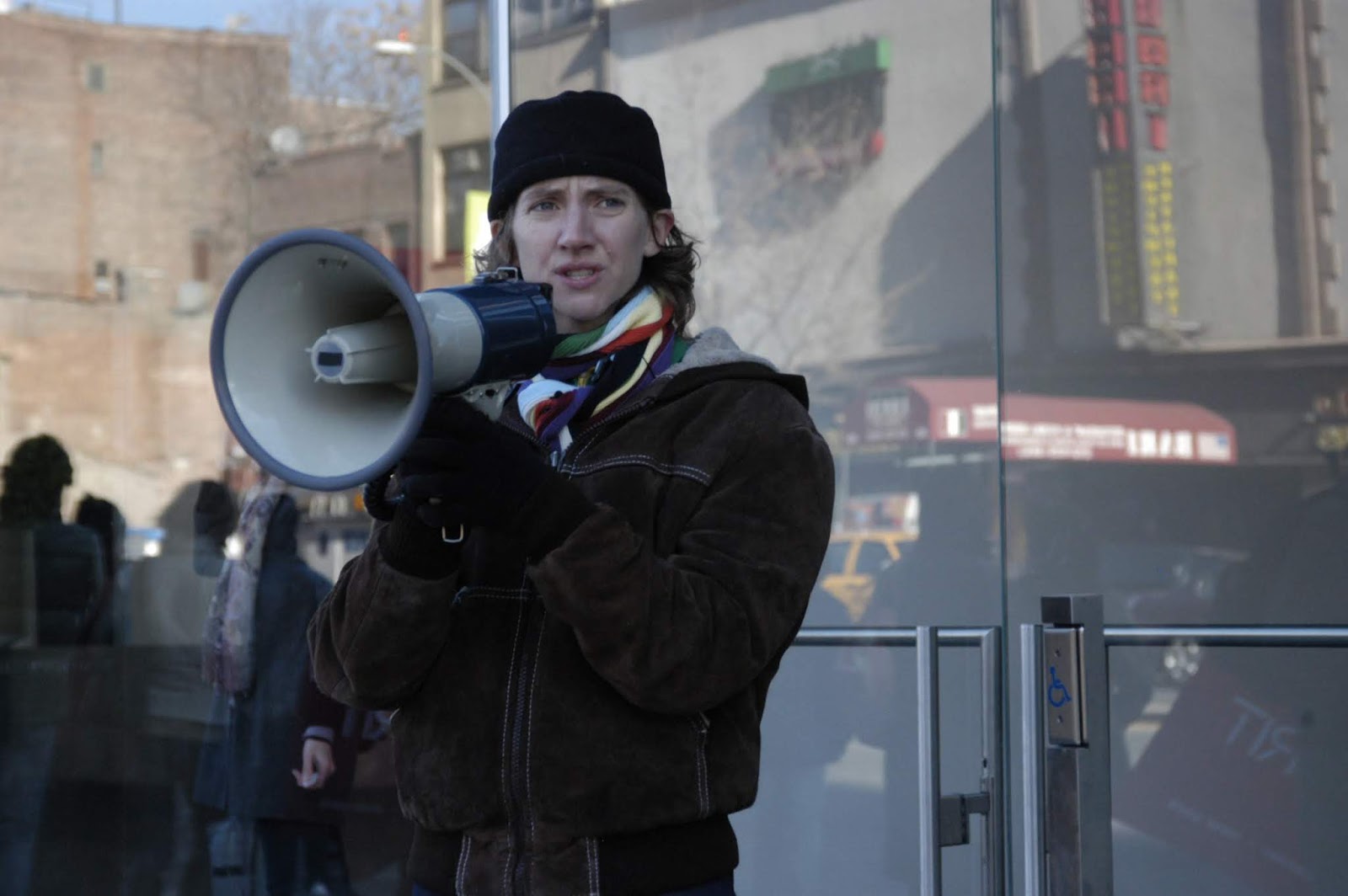
Fearless speech: Performative words in Theresa Hak Kyung Cha and Sharon Hayes
The third lecture in the Image Complex lecture series, delivered on 5 March 2021.
People
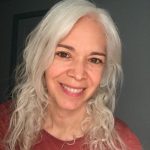
Jennifer González
Jennifer González is Professor of History of Art and Visual Culture at University of California, Santa Cruz. She writes about contemporary art with an emphasis on critical race discourse, activist art, and technologies of embodiment. She is the author of Subject to Display: Reframing Race In Contemporary Installation Art (MIT Press, 2008) and Pepón Osorio (University of Minnesota Press, 2013), and served as chief editor for the volume Chicana and Chicano Art: A Critical Anthology, with Ondine Chavoya, Chon Noriega and Tere Romo, Duke University Press (2019). González has received fellowships from the Ford Foundation, the American Association of University Women, and the American Council of Learned Societies. She has published articles in numerous scholarly and art publications such as Journal of Visual Culture, Frieze, Bomb, Diacritics, Archives of American Art Journal, Camera Obscura, Open Space and Art Journal. She has lectured extensively at universities and art museums nationally and internationally and teaches regularly at the Whitney Museum Independent Study Program, New York.

On art in the age of mass incarceration
The fourth and final event in the Image Complex series, which took place on 21 May 2021.
People
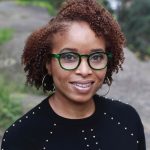
Nicole R. Fleetwood
Nicole R. Fleetwood is a writer, curator, and professor of American Studies and Art History at Rutgers University, New Brunswick. She is the author of Marking Time: Art in the Age of Mass Incarceration (2020), a finalist for the National Book Critics Award in Criticism and a recipient of the Charles Rufus Morey Book Award in art history and the Frank Jewett Mather Award in art criticism by the College Art Association. She is also curator of the exhibition Marking Time, currently on view at MoMA PS1. Her other books are On Racial Icons: Blackness and the Public Imagination (2015) and Troubling Vision: Performance, Visuality, and Blackness (2011). She is also co-editor of Aperture magazine’s “Prison Nation” issue, focusing on photography’s role in documenting mass incarceration, and co-curator of Aperture’s touring exhibition of the same name. Fleetwood has co/curated exhibitions and programs on art and mass incarceration at the Andrew Freedman Home, Aperture Foundation, Cleveland Public Library, Eastern State Penitentiary, MoMA PS1, Mural Arts Philadelphia, the Zimmerli Art Museum, and the Urban Justice Center. Her work has been supported by the Rockefeller Foundation’s Bellagio Center, NYPL’s Cullman Center for Scholars and Writers, ACLS, Whiting Foundation, the Art for Justice Fund, Denniston Hill Residency, Schomburg Center for Scholars-in-Residence, Andrew W. Mellon Foundation, and the NEH.

